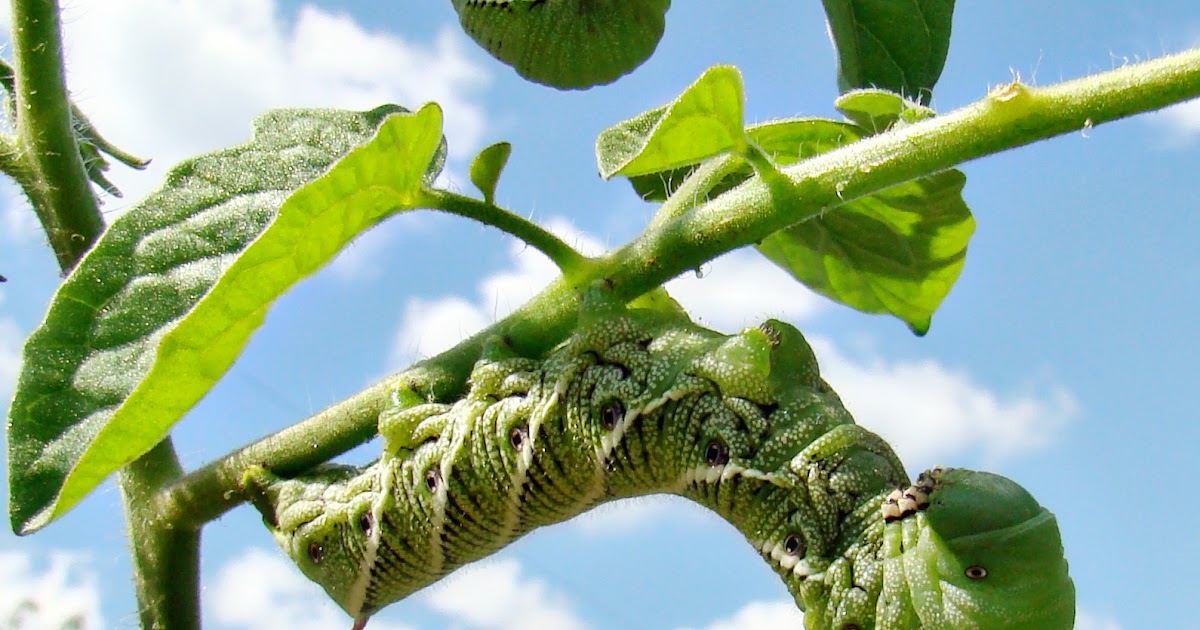The Ultimate Guide to Bearded Dragon Hornworms: How to Care for and Feed Your Pet Dragon
Introduction
Bearded dragons make great pets for both novice and experienced owners. These docile and low-maintenance reptiles are easy to care for and have a friendly disposition. One of the keys to keeping a bearded dragon healthy and happy is providing them with a balanced and varied diet. In this guide, we will focus on one of the essential components of a bearded dragon’s diet: hornworms.
What are Bearded Dragon Hornworms?
Hornworms are the larvae of the hawk or sphinx moths. They are also known as tomato worms due to their green color and tendency to feed on tomatoes. Hornworms are a favorite food among bearded dragons due to their high protein content and soft exoskeletons which are easy to digest. In addition, hornworms are low in fat and have a good calcium to phosphorus ratio.

Benefits of Feeding Bearded Dragons Hornworms
Hornworms have several benefits for bearded dragons, including:
- High in protein: Hornworms are rich in protein, which is essential for the growth and repair of tissues, muscles, and bones.
- Low in fat: Bearded dragons need a low-fat diet to avoid obesity, fatty liver disease, and other health problems.
- Good calcium to phosphorus ratio: Bearded dragons need a calcium-rich diet to maintain healthy bones and prevent metabolic bone disease. The calcium to phosphorus ratio in hornworms is ideal for bearded dragons.
- Soft exoskeletons: Hornworms have a soft exoskeleton that is easy to digest, reducing the risk of impaction or digestive problems in bearded dragons.
How to Feed Bearded Dragons Hornworms
Feeding bearded dragons hornworms is easy and straightforward. You can purchase pre-packaged hornworms from pet stores or online retailers. Make sure to choose healthy and active hornworms that are not too small or too large for your bearded dragon. For young dragons, you may need to cut the hornworms into smaller pieces.
You can feed hornworms to your bearded dragon as part of their regular diet, along with other live insects such as crickets, mealworms, and roaches. Feed hornworms to your dragon every 2-3 days, depending on their age, size, and appetite. You can either offer hornworms in a bowl or by hand-feeding them to your dragon. Make sure to remove any uneaten hornworms after an hour to prevent spoilage.
Tips for Caring for Bearded Dragons and Hornworms
To ensure the health and well-being of your bearded dragon and hornworms, follow these tips:
- Provide fresh water in a shallow dish at all times. Change the water daily and disinfect the dish weekly.
- Keep the enclosure clean and free of feces, uneaten food, and other debris. Spot-clean daily and deep-clean weekly.
- Use a substrate that is safe and digestible for your bearded dragon. Avoid sand, gravel, and other rough or indigestible materials.
- Provide a basking light and a UVB light to mimic the natural sunlight and provide heat and UVB radiation. Make sure the temperature gradient in the enclosure is appropriate for your dragon’s age and size.
- Offer a varied and balanced diet that includes insects, vegetables, and fruits. Avoid feeding your dragon toxic or harmful foods such as avocado, rhubarb, and citrus fruits.
- Handle your bearded dragon gently and frequently to promote socialization and bonding. Wash your hands before and after handling your dragon or their food.
- Store hornworms in a well-ventilated and cool place, such as a plastic container with holes or a fridge. Do not refrigerate below 50 degrees F or above 80 degrees F.
Conclusion
Bearded dragons are wonderful pets that can bring joy, companionship, and fascination to your life. Feeding them hornworms is a great way to provide them with the nutrition they need, while also offering them a tasty and enjoyable treat. By following the tips and guidelines in this guide, you can ensure that your bearded dragon and hornworms thrive, and that you enjoy a rewarding and fulfilling pet-parenting experience.

